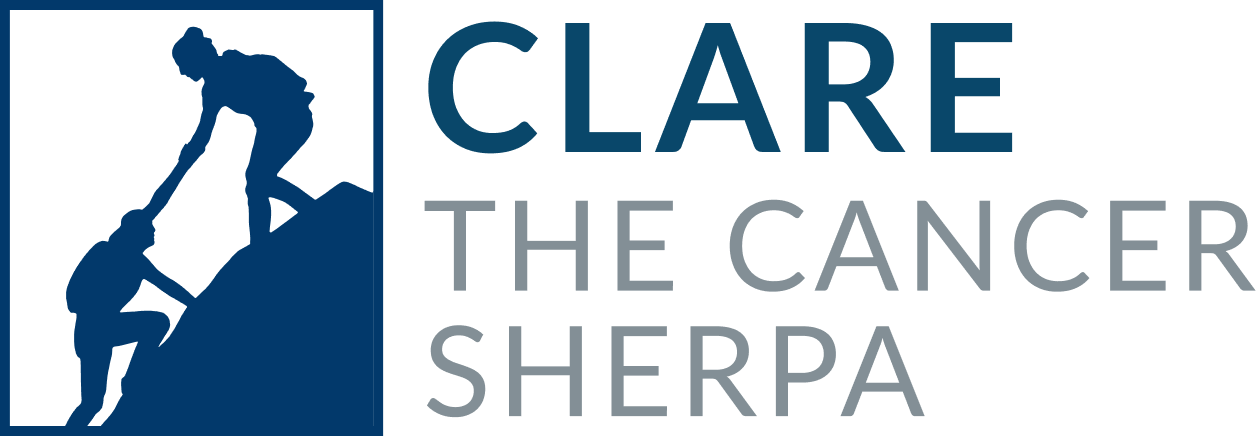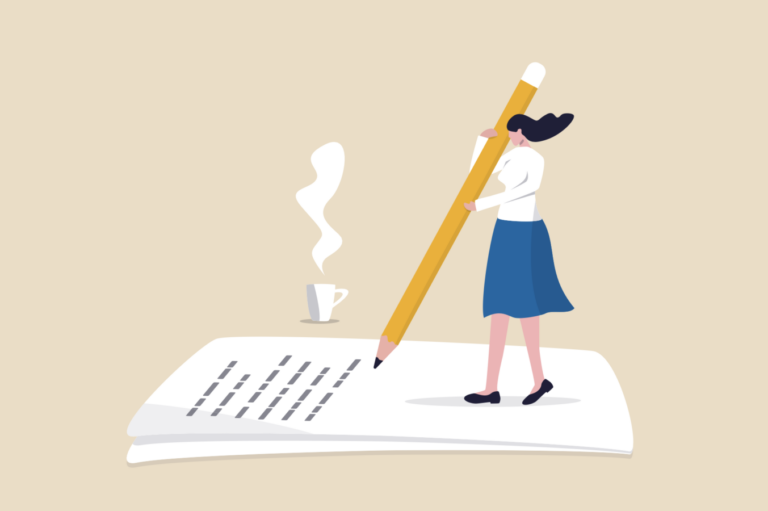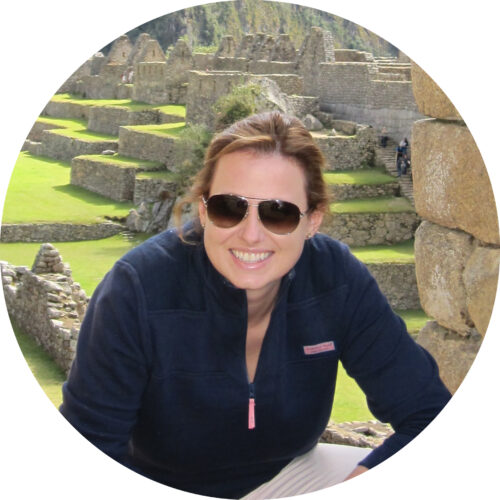A few weeks ago, I had the seemingly brilliant idea to write a post about how Clare the Cancer Sherpa would navigate for Clare, the newly diagnosed adolescent cancer patient, otherwise known as my former self. With the help of my oncologists, nurse practitioner, and lifelong friend who happened to become a pediatric oncology nurse practitioner, I tracked down my treatment protocol. I then did the one thing I implore all of my clients not to do – I began to learn far more than I ever needed to know.
Believe it or not, I had never read my CCG-1882 protocol for acute lymphoblastic leukemia, nor had I read any studies or follow-up articles about it. When I read the introduction and scrolled through the five-year survival rate graphs, I started to panic. I am twenty-five years out from completing my protocol, and I could still feel the same dread as the day I was diagnosed.
In addition, I recently lost two of my lifelong mentors. The first was the head of the children’s hospital where I was treated. He called me “Number Seven,” as he had six children of his own, but he welcomed me with open arms and shepherded me through my treatment and survivorship. The other was a professor of education who worked with me to acquire the skills I needed to navigate the onset and enduring challenges of adult ADD, a long-term side effect of cranial radiotherapy. Her family, friends, colleagues, and students lost her to cancer, and I was honored that she chose me to help her establish the life she wanted inside her diagnosis and treatment until the end.
These people advocated for me in the darkest and most vulnerable periods of my life, and in mourning their loss, I recognized how much they had taught me. Yes, there were academic lessons, but their imparting of wisdom was invaluable and has made me who I am today. Martialling that and the ongoing conversations I was in with my oncologists, nurse practitioner, and friend since middle school, I realized that I not only did not need to know everything about my cancer diagnosis, prognosis, and survival rates. In fact, I would be happier not knowing. I even thanked my once medical professionals, now family, for carrying what I never wanted to know and allowing me to keep it that way.
Of course, there have been unavoidable moments where the information I wasn’t even looking for, nor wanted to know, popped up. For example, when we were thinking about starting a family, my husband and I went to a high-risk OBGYN to find out the risks to me and our potential child. The first words out of his mouth, post introductions, were, “Good news, you are out of the woods for all secondary brain and other cancers from your initial cancer diagnosis and treatment!” That was, in fact, good news! But, it was not the opener I was expecting, let alone the amount of information I wanted about all the possible things that could have gone wrong – this brings me back to my original point.
People, whether a family member, friend, medical professional, teacher, mentor, or patient advocate like me, need to be there to carry part of the cancer load. Not just in the moment but for the long haul. While part of my job will always be logistical to help make a cancer patient’s life the best it can be, I recognize that the other part of my job is to pass on what I have learned and show children and adults that you can lead a full life after cancer.
While navigating through this recent revelation, I responded to a personal Instagram post by an acquaintance who had just finished cancer treatment. She shared that she had had a bad day while recently on vacation with her family when a woman approached her and asked her how she was feeling. The woman had seen her scars and new hair and told my acquaintance that she had had the same cancer ten years before. This encounter inspired my acquaintance to share her story and do for others what her fellow vacationer had done for her, making others like her feel seen and valued amid a desperate struggle. This is what I shared.
I’m twenty-five years out of completing chemo and radiation for ALL as a teenager. Things that are real and should give yourself credit for:
1. You have chemo brain, and your head and focus will massively improve over the next several months and years
2. Emote, even if you’re having a bad day, there will be many, but they become fewer and far between
3. By feeling the feelings, you are living your life (cancer or no cancer, everyone has bad days) not trying to be a strong survivor for everyone else
4. You know your body best, so even when people are telling you you’re “overreacting” or just nervous from your experience or reacting out of trauma, DON’T LISTEN, YOU DO YOU, and seek the support you need, mental and/or physical
5. People and events will trigger you, even years out, but it is not a setback or a regression; it is an acknowledgment of how hard this time in your life was, and allow you to see how far you have come, mourn the people and parts of your life you have lost and learn even more from all of this
6. Time and space from your diagnosis and treatment will also help you realize how much you have learned about yourself and your support network, appreciate the amazing people you would never have met had this not happened, and how much knowledge, compassion, and strength you have gained to be the example of survivorship for another current or former cancer patient
Finally, you are going to have a great life; never doubt that. You make my life better every time I use one of your wares. We, the ones who have come before you, are always here for you. We won’t lie to you, nothing about any of this is easy or fair, but it does get better. Welcome to the club NO ONE wanted to join, but it has some pretty amazing, inspiring, and kick-ass members!
So, my seemingly brilliant blog post idea was ultimately brilliant. Just for entirely different reasons than the ones I had intended. It put me back in my place because it reminded me that while I am a fierce and effective Cancer Sherpa, I am so because I am a former cancer patient. And clearly, the former does not make me immune to the latter; I, too, cannot carry everything and have multiple sherpas of my own.
My job is not simply translating medical research, processes, and protocols, or even logistical sourcing and management. But it is about improving the quality of life of cancer patients, their caretakers, and loved ones by letting them know I have stood in their shoes. We all do what we need to survive, which sometimes means not knowing everything. Other capable people can carry the heavy pieces of information that are not essential to know as a patient – healthcare professionals, caretakers, family members, friends, and sherpas can hold them for the short or long term. While it is every cancer patient’s responsibility to ask questions, understand, stay informed, and adhere to their respective treatment protocols, they never have to do it alone. We’re always just a message away.


